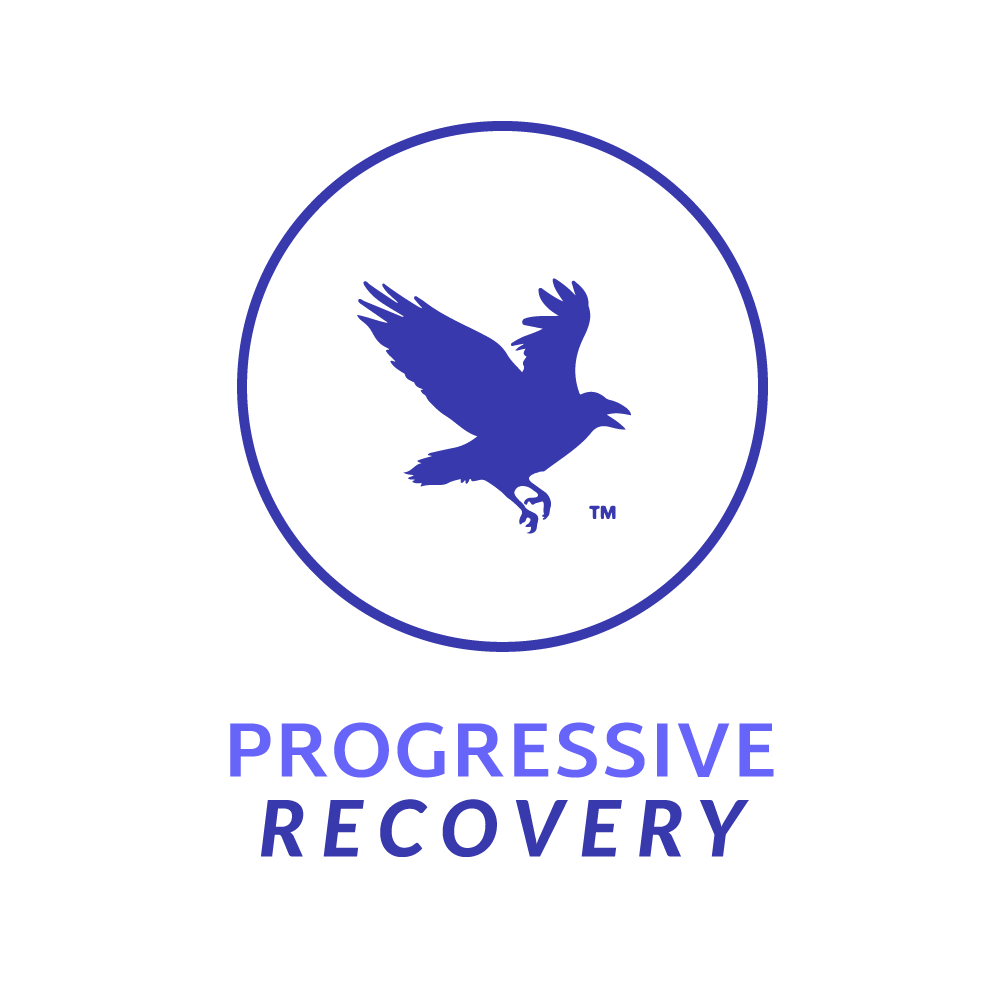Working the Program by Rees and Ron
“It works if you work it!”
*****
It’s a refrain heard often, this idea that a program of recovery when “worked” will produce results. Yet over many years of asking people how they “work their program” it quickly becomes clear to us that it runs the gamut. Granted everyone needs a customized approach based on time, place and circumstances, but you would think we’d have some uniformity in what we mean.
To answer the question, let’s first look at how it is characterized through statements we often heard.
· “Lack of power, that is our problem.” If that’s true, then access to a Power Greater Than Our Selves is the solution, which would explain why some see prayer as the remedy.
· “The cure for addiction is connection,” suggests community and fellowship are the solution.
· “Helping others,” is often described as the solution for self-centeredness, which is seen by many as the root of our problem(s).
· “Get into service,” is a parallel to helping others, for the same reasons.
· Attendance at meetings is a stock item thought to be the program of recovery, i.e. working the program is going to meetings.
All of these have their place, yet there is specific language in the Big Book to which we returned.
“Here are the steps we took which are suggested as a program of recovery.”
So, it would seem that “working a program” would then mean working the twelve steps. Not to the exclusion of the items above, but those items alone would not be a substitute for adopting and practicing the twelve steps as a way of life.
Another individual with a long-term recovery practice said of this issue, “The more we can encourage doing, instead of just reading and sharing, the better. A progressive recovery requires as much action as it does thought.”
Here’s the problem, most of us are not aware of how to approach deep inner work because it’s not widely talked about in fellowship circles. No doubt our lives have improved much with the cessation of drinking, but abstinence alone doesn’t address why we drank ourselves silly in the first place. If we don’t get to the heart of the matter, we run the risk of diving into some other form of addiction, for example food, relationships, gambling, porn, etc. The truth is, we were running from feelings of dis-ease and dis-satisfaction and we filled that void with drink.
Make no mistake, depth work requires quite a bit of effort. And yet we find it to be well worth those toils because it is our experience that it can and does produce an enduring and satisfying recovery that includes what Bill W. referred to as “emotional sobriety.”
This leads us to a solid suggestion:
A progressive or depth recovery is not merely a mental activity. It requires as much action as it does thought. We would propose to truly “work the steps” as is typical in any twelve-step recovery, and we would add to that active journaling, breath work, meditation, and discussion with others as well as following the guidance from a text chosen to provide a structure. For our purposes, that is Progressive Recovery Through the Twelve Steps: Emotionally Sober for Life.
Remember the program of recovery is not discussion or meetings alone, but the application of the twelve steps to every facet of our lives.
It is the depth work which allows movement from head to heart, from mere ideas to ways of being. Embracing a program like we’ve described here over time, we find we have embodied a new set of principles by which to live our lives. The result is we become comfortable in our own skin.
When we finally are no longer restless, irritable and discontented, sobriety in all its various forms becomes much more likely to take hold.
In the end, the ways we practice working the steps changes so that the steps work in us, and eventually the principles are digested and take up residence in our being. By this time, we have been transformed and remade. That is a psychic change that will endure, which in turn produces a recovery that will endure.

